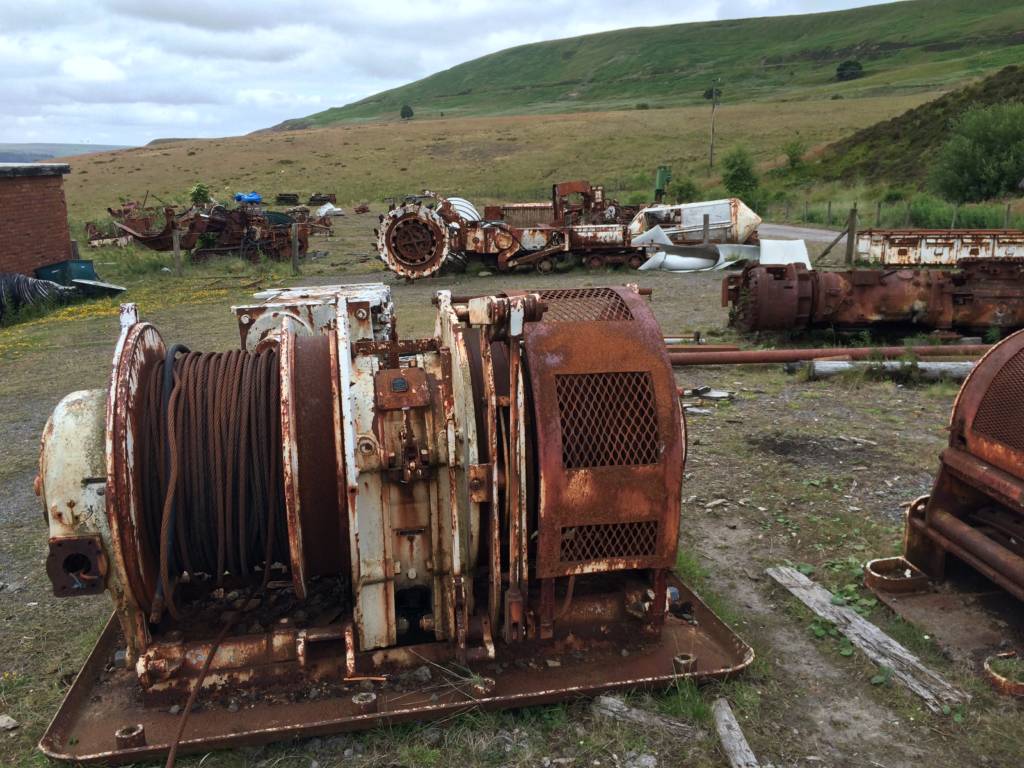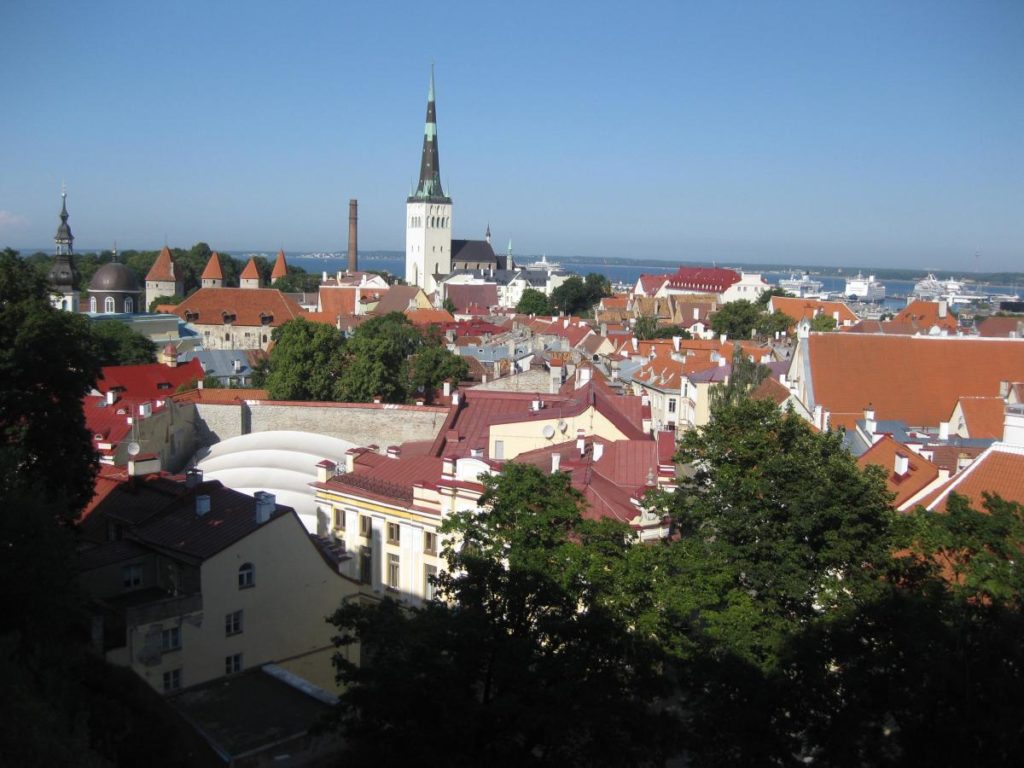That must be the saddest piña colada in the world, I thought as I walked by Barrachina, the restaurant famous for being the birthplace of the Caribbean drink. This was a few months after Hurricane María destroyed everything we knew, and Old San Juan, an epicenter of tourism in Puerto Rico, was still without power. No one was drinking piña coladas. No one remembered that this place was the world’s idea of paradise. A lush, tropical island in the Caribbean with a landscape that offers all shades of green, blue, orange, red, pink, yellow, and purple. White sand and turquoise waters, ripe fruits, and a breeze that smells fresh and salty as the sea or deep and powerful as the soil. The sun is warm all year long, and the tropical humidity just makes it all feel more sensual.













